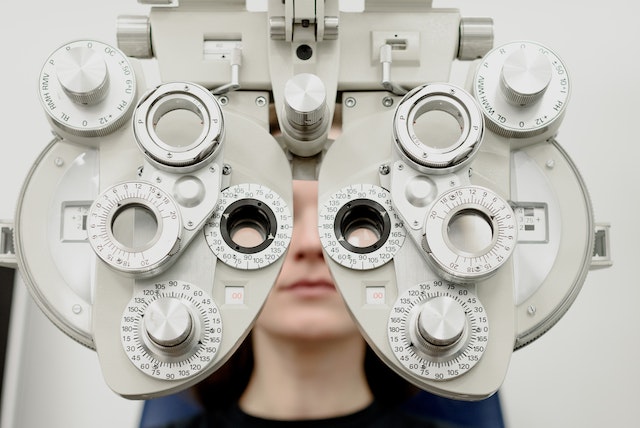The field of Cell and Gene Therapy CRO has witnessed remarkable advancements in recent years, offering groundbreaking treatments for a wide range of diseases. These therapies hold immense promise in revolutionizing healthcare by leveraging the power of genetically engineered cells to address previously untreatable conditions. However, the road to developing and commercializing these therapies is complex and requires significant expertise, resources, and regulatory compliance. This is where Contract Research Organizations (CROs) play a pivotal role in driving innovation in cell and gene therapy.
How CROs Accelerate Research and Development
CROs specialize in providing comprehensive support and services to biotech companies, academic institutions, and pharmaceutical firms engaged in cell and gene therapy research. Their expertise and infrastructure significantly contribute to advancing the field and bringing life-changing therapies to patients. Here are several ways CROs facilitate research and development in cell and gene therapy:
1. Specialized Expertise
CROs bring together a diverse team of experts with specialized knowledge in various aspects of cell and gene therapy. These professionals include scientists, researchers, regulatory experts, and manufacturing specialists who understand the unique challenges and intricacies of developing these therapies. Their expertise ensures that research and development activities adhere to rigorous scientific standards and regulatory requirements.
2. Streamlined Clinical Trials
Are a critical phase in the development of cell and gene therapies, where the safety and efficacy of these treatments are rigorously evaluated. CROs play a vital role in designing and conducting well-structured clinical trials that meet regulatory guidelines and generate reliable data. By leveraging their experience and resources, CROs can accelerate the timeline for clinical trials, expediting the availability of life-saving therapies to patients in need.
3. Efficient Manufacturing Processes
The manufacturing of cell and gene therapies involves complex and highly specialized techniques. CROs possess state-of-the-art manufacturing facilities equipped with the necessary infrastructure to scale up production while ensuring product quality and consistency. Their expertise in process optimization and quality control helps overcome manufacturing challenges, leading to more efficient and cost-effective production of therapies.
4. Regulatory Compliance Support
Navigating the regulatory landscape is a crucial aspect of developing and commercializing cell and gene therapies. CROs have in-depth knowledge of regulatory requirements and can provide guidance and support throughout the regulatory approval process. They assist in preparing regulatory submissions, addressing compliance issues, and ensuring adherence to Good Manufacturing Practices (GMP) and other quality standards.
Conclusion
The rapid advancement of Cell and Gene Therapy CRO relies heavily on the contributions of Contract Research Organizations (CROs). Their specialized expertise, streamlined clinical trials, efficient manufacturing processes, and regulatory compliance support play a crucial role in driving innovation in this field. By collaborating with CROs, biotech companies and research institutions can accelerate the development and commercialization of life-changing therapies, bringing hope to patients suffering from previously incurable diseases. As the demand for cell and gene therapies continues to grow, the partnership between CROs and the biotech industry will be vital in shaping the future of healthcare.

